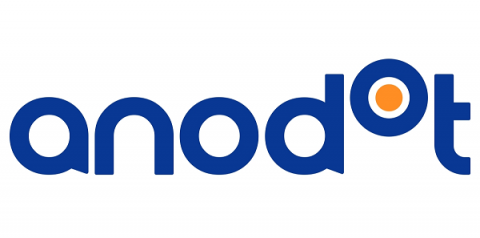Analytics
New Connectors: Delighted & SurveyMonkey
Fivetran improves support for customer analytics with Delighted and SurveyMonkey integration.
Our Shared Responsibility Model
There’s a common misconception that as soon as a business signs up for a solution from a cloud service provider (CSP), that the CSP will automatically ensure all their dealings in that cloud environment are safe and secure. As dedicated as Cloud Service Providers are to cybersecurity, that’s simply not possible. Your cloud provider has no control over the customer data you share, the aptitude of your employees, or how you optimize your own on-premises security and firewalls.
CDP Endpoint Gateway provides Secure Access to CDP Public Cloud Services running in private networks
Cloudera Data Platform (CDP) Public Cloud allows users to deploy analytic workloads into their cloud accounts. These workloads cover the entire data lifecycle and are managed from a central multi-cloud Cloudera Control Plane. CDP provides the flexibility to deploy these resources into public or private subnets. Nearly unanimously, we’ve seen customers deploy their workloads to private subnets.
Powering Algorithmic Trading via Correlation Analysis
Finding relationships between disparate events and patterns can reveal a common thread, an underlying cause of occurrences that, on a surface level, may appear unrelated and unexplainable. The process of discovering the relationships among data metrics is known as correlation analysis. For data scientists and those tasked with monitoring data, correlation analysis is incredibly valuable when used for root cause analysis and reducing time to remediation.
Process Isolation in Data Pipelines
Process isolation is an important pillar of software engineering that can keep your data pipelines (and you) out of trouble.
Scaling Data Culture Is a Marathon, Not a Sprint
Engineers: Follow these three steps to advance your company’s data-driven culture.
Hero Factory Reduces Time Spent Creating Reports by 60% for Every Client Using Databox
Understanding the Differences Between OLTP and OLAP
Consider the following when choosing database processing options.
Analyzing Python package downloads in BigQuery
The Google Cloud Public Datasets program recently published the Python Package Index (PyPI) dataset into the marketplace. PyPI is the standard repository for Python packages. If you’ve written code in Python before, you’ve probably downloaded packages from PyPI using pip or pipenv. This dataset provides statistics for all package downloads, along with metadata for each distribution. You can learn more about the underlying data and table schemas here.










